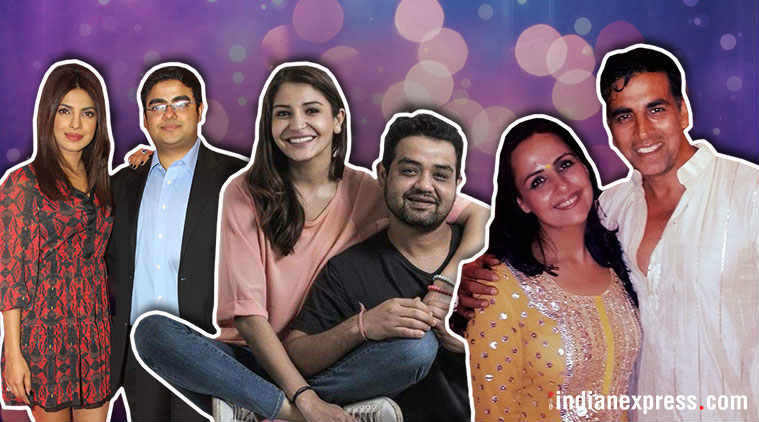 Has the festival of Raksha Bandhan evolved over the years? (Source: FilePhoto)
Has the festival of Raksha Bandhan evolved over the years? (Source: FilePhoto)
Raksha Bandhan is that one day in the year when brothers and sisters put aside all their squabbles and celebrate their relationship. No matter how much you try to diss it and run away from it, for a relationship that brings almost as much grief as happiness, Raksha Bandhan offers much-needed bliss – it’s a day full of good food, gifts and kind words.
The new-age Raksha Bandhan has lopped off the dramatic – and undeniably patriarchal elements – of the occasion, quite a bit.
“For my brother and I, Raksha Bandhan is just a time to catch up. Both of us are so buried in our work, we hardly get time to hang out with each other anymore. So, on Raksha Bandhan, we just meet up and crack a lame joke or two”, says Shivi Tandon, 27, a resident of Gurgaon. The lives of socially and financially independent women in urban India are no longer the same as their predecessors’ were decades ago. And the need for protection from a male member of your family, is minimal at best. “My brother cannot protect me. Let’s face it. I also cannot. We are too busy for that anyway. But if we need each other and need protection, he will look after me just as I will”, says Shivi.
The idea of protection that was central to this festival has translated to into something that identifies more with filial camaraderie and celebration now. For Neehal, a law student from Guwahati, his relationship and Rakhi celebrations with his sister have evolved into a celebration of camaraderie.
“My sister bought me a rakhi when we were kids. So, she had to save up for it. I couldn’t take the itch of the band and I threw it away within minutes. After that day, she has never tied a rakhi on me. Even if my cousins and some girls who have bro-zoned me from my neighbourhood, tie a rakhi on me, she just hangs around and takes away whatever gifts I receive, if she likes them that is. I can’t protest. She just happens to know too much about my life. What if she tells on me?”.
Even if traditionally Raksha Bandhan only gave importance to a relationship which essentially involved brothers and sisters, it has expanded to taking everyone under its wing – the single child, siblings who are girls, pets, trees, grand children. In a story that warms the heart a little, Pratisha Saharia, 28, admits, “I am a single child. I always felt left out when my mother celebrated rakhi with her brothers. So I started my own ritual – I tied a rakhi on my dogs. Even though I’m in the US now, I make sure I send them a rakhi every year, a little something to remind them of me.”
While Pratisha chose her own sibling, for many, Raksha Bandhan is a day of reminiscence. For most millennials and the adult urban working class, it is a day when they get together and try to recreate family memories again.
Aditi, 27, a working professional in Gurgaon, takes out time to celebrate Rakhi because it reminds her of all the goofy times she has had with her brothers back home. “We always laughed at everything together, funny or not. That was our thing. Last year, I googled some prayers and just played it on YouTube. Then I tied rakhi on my brothers. And just like that, we pulled out so many memories and laughed for hours”, Aditi recalls.
Every family has its own way of celebrating Raksha Bandhan, some of which might not fit into the norm. Slowly and gradually though, the patriarchal undertones of the festival seem to be dropping away, leaving it as a celebration of togetherness and sibling love. And that is the beauty of this festival, that in this age of nuclear families and people living away from home – there’s a festival which reminds people of family and their siblings, however annoying those siblings may be for the remaining 364 days of the year.